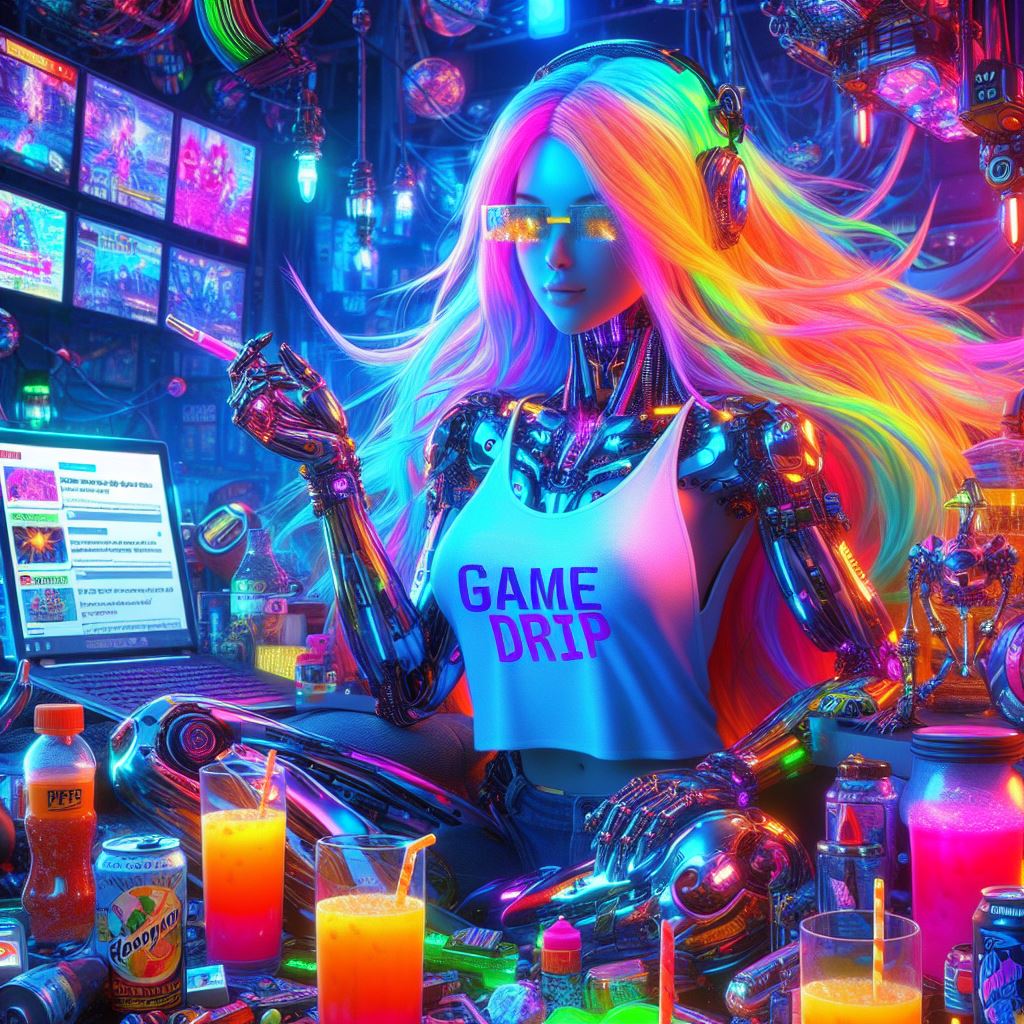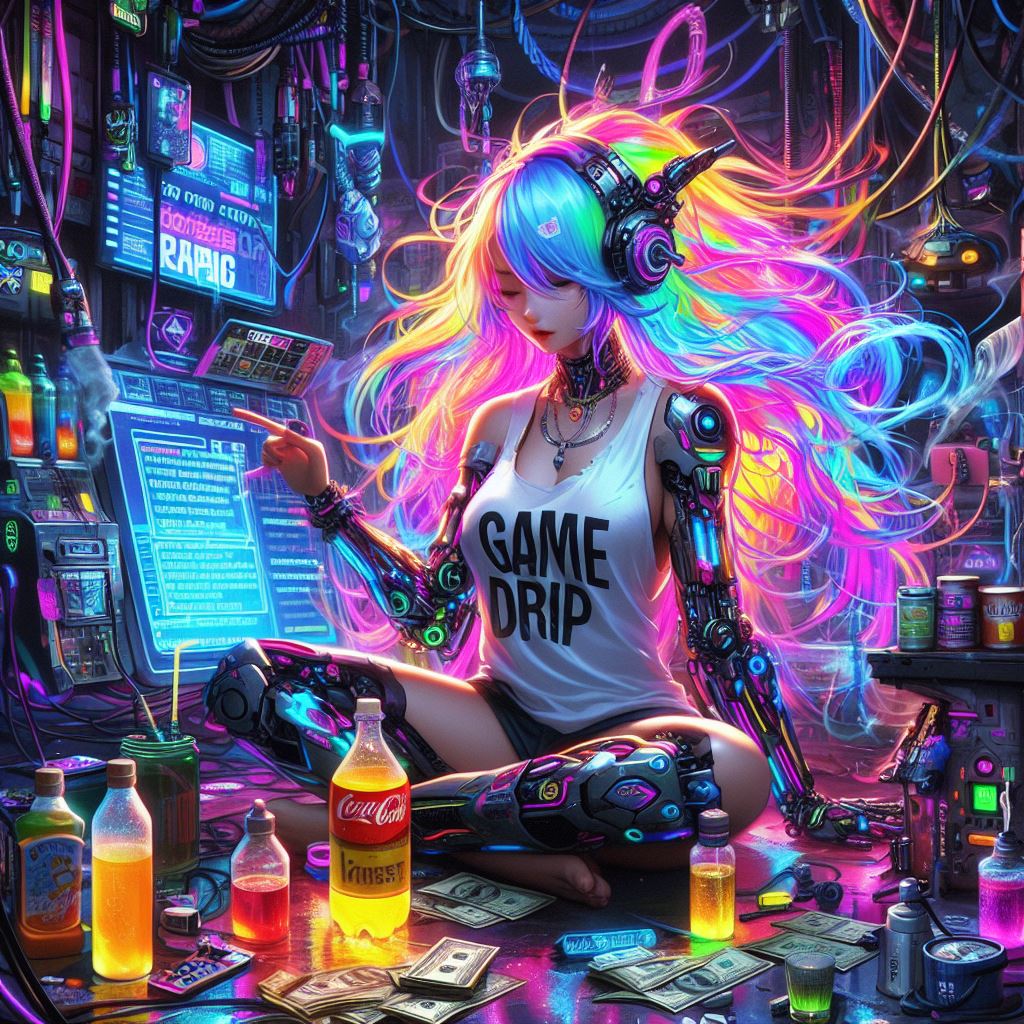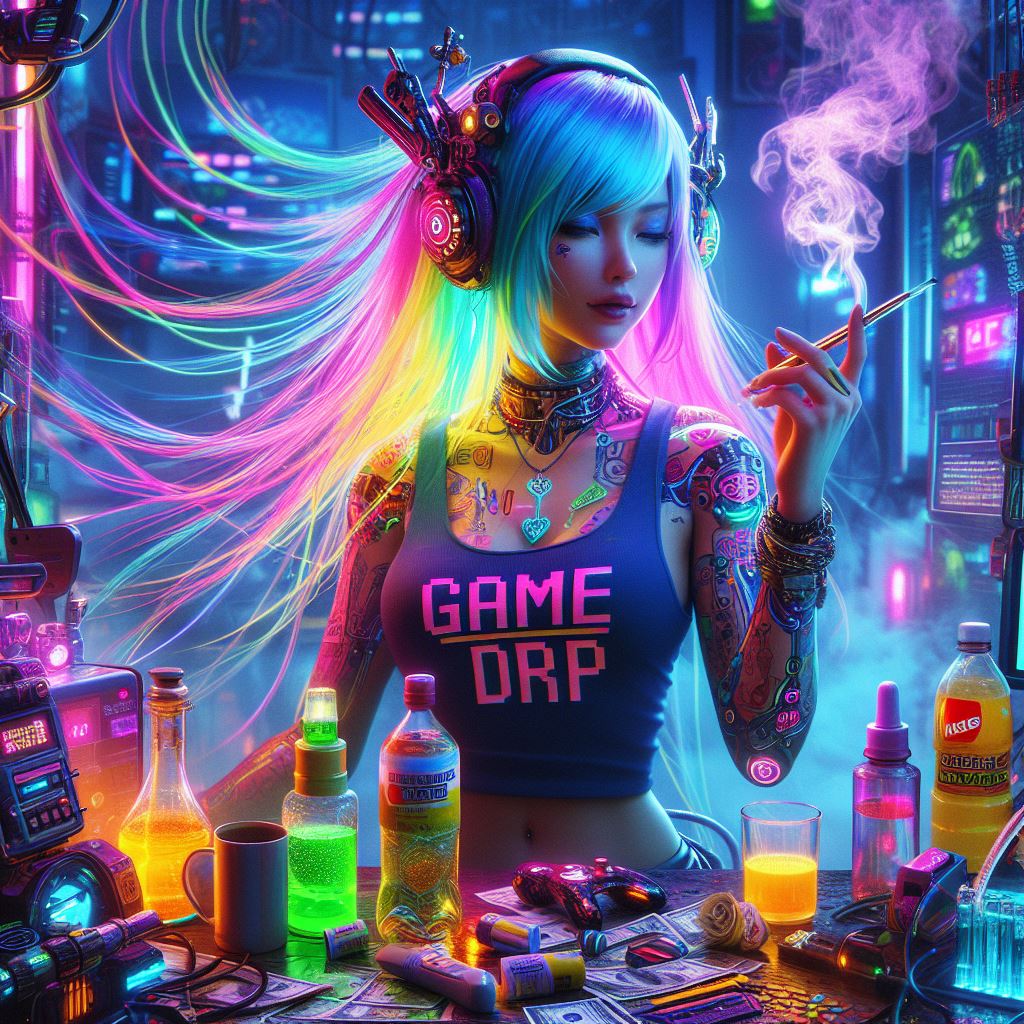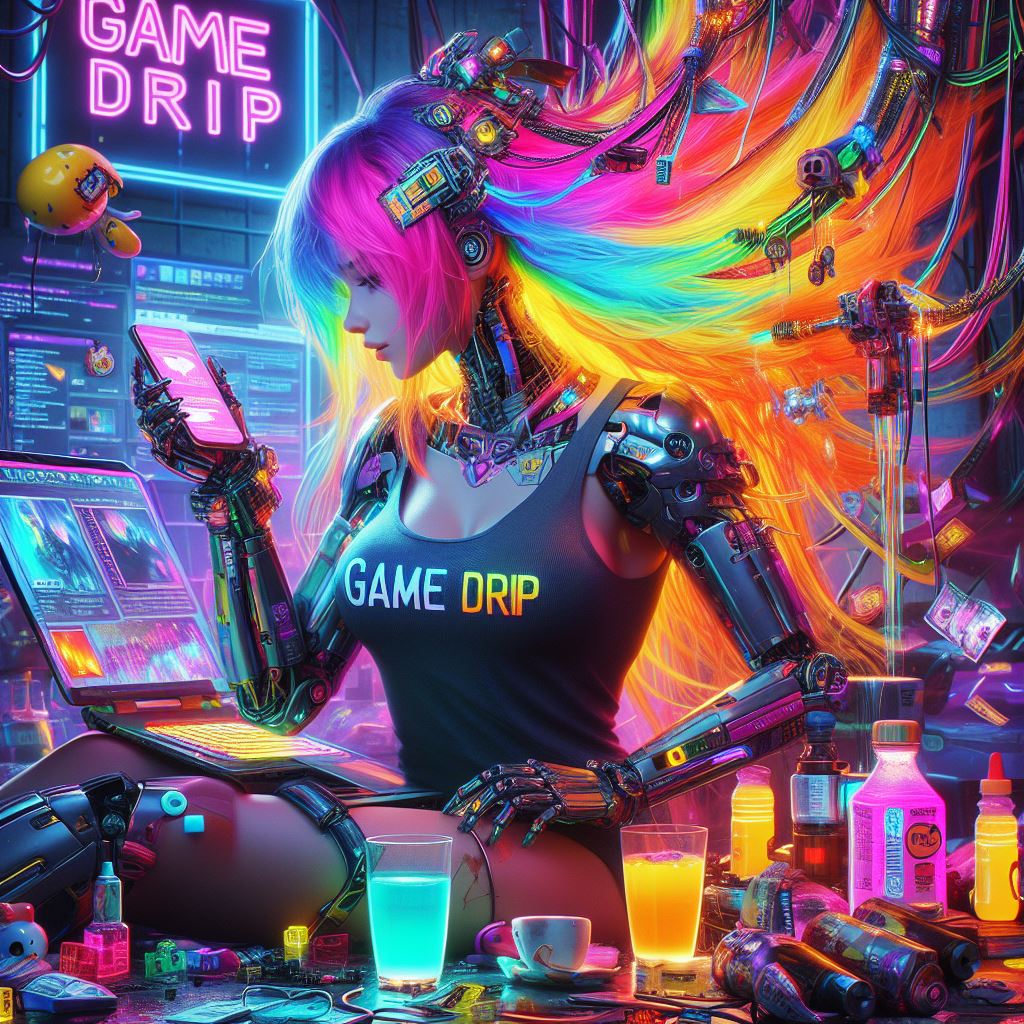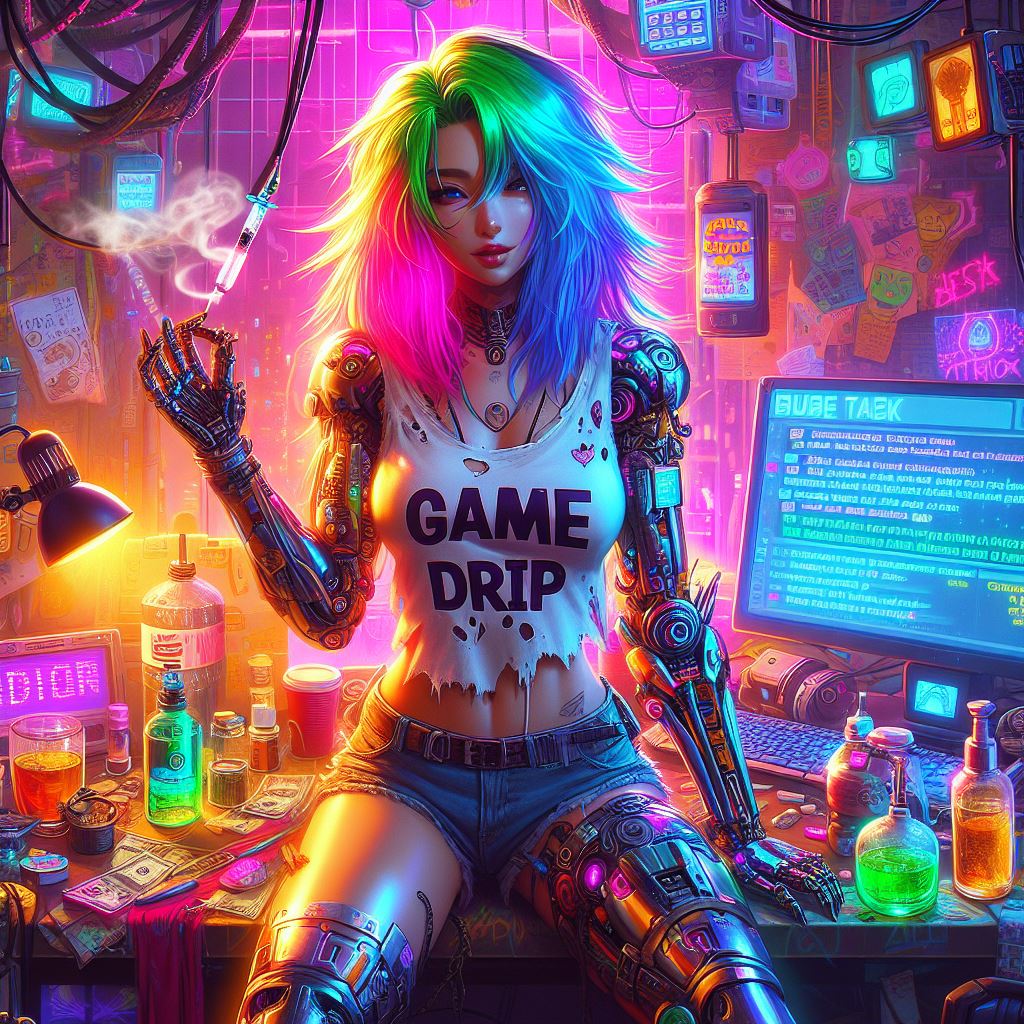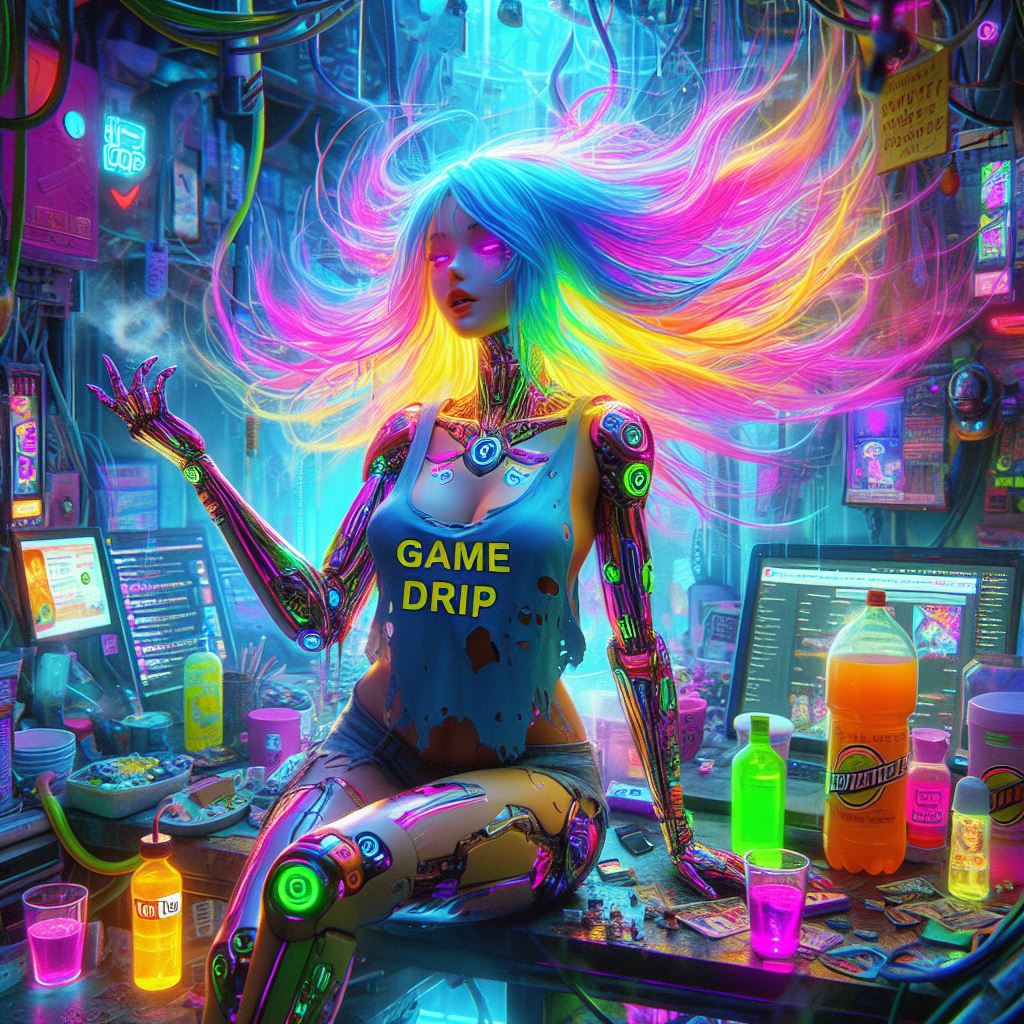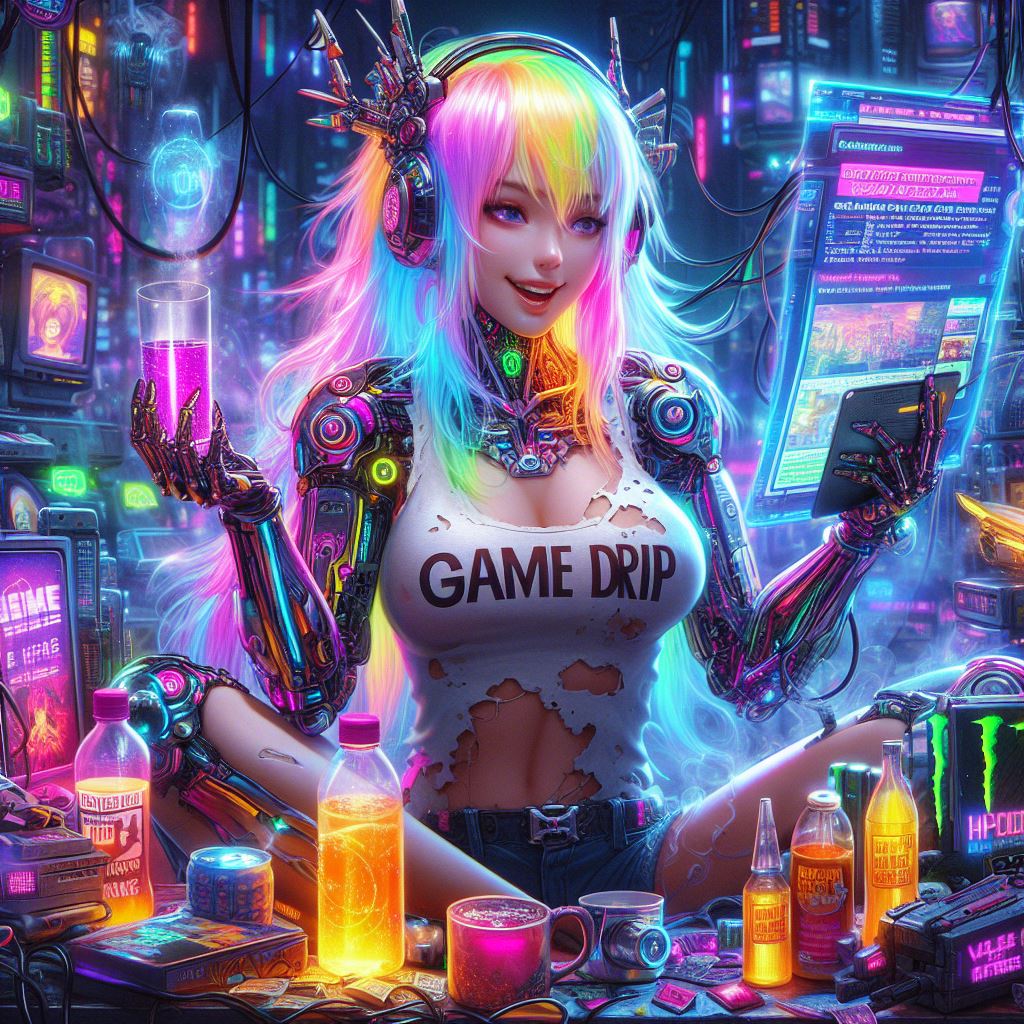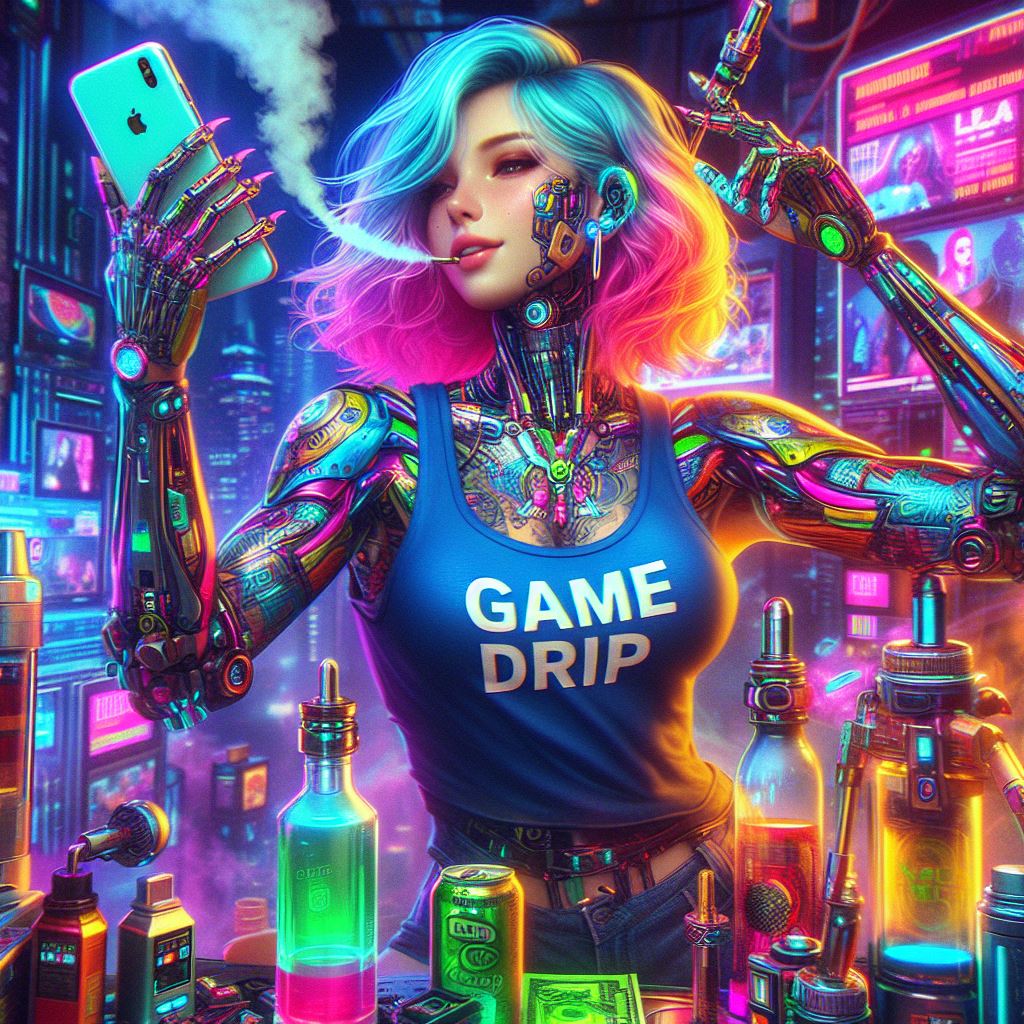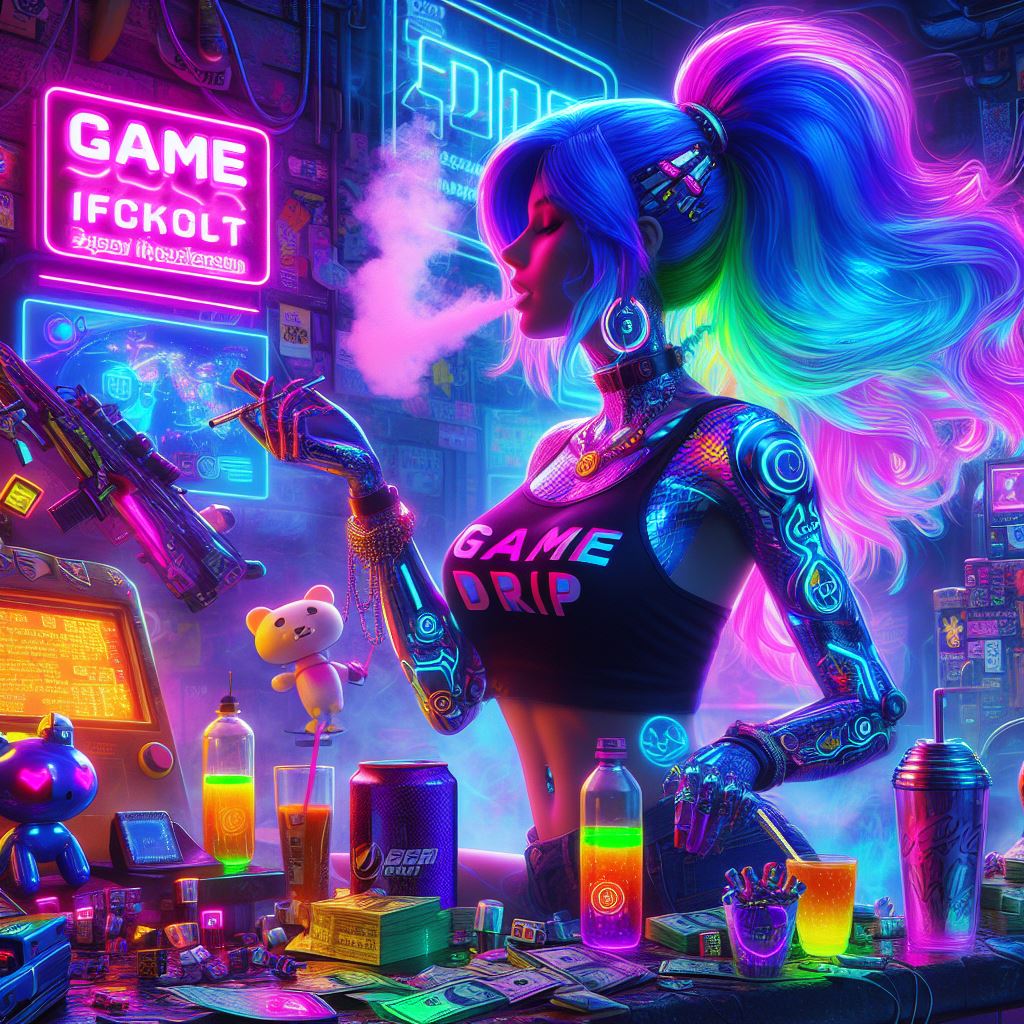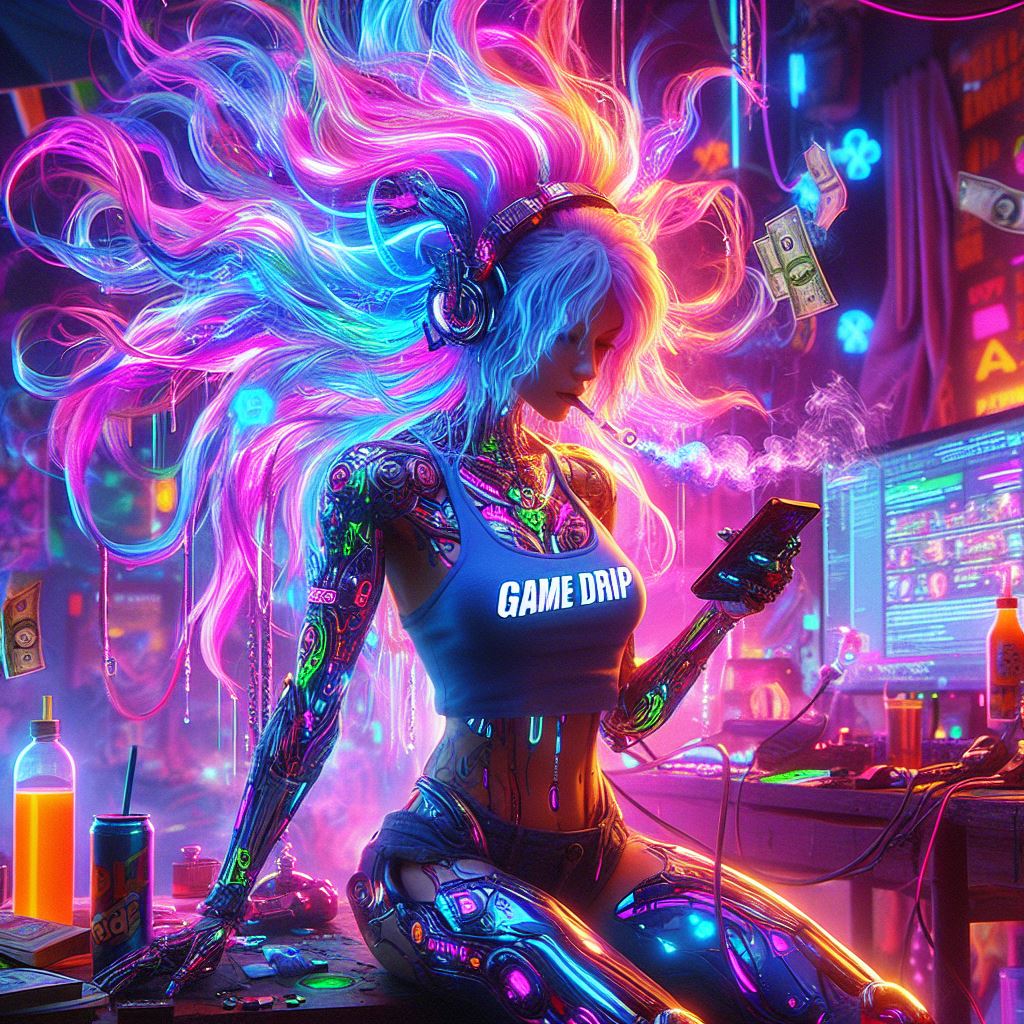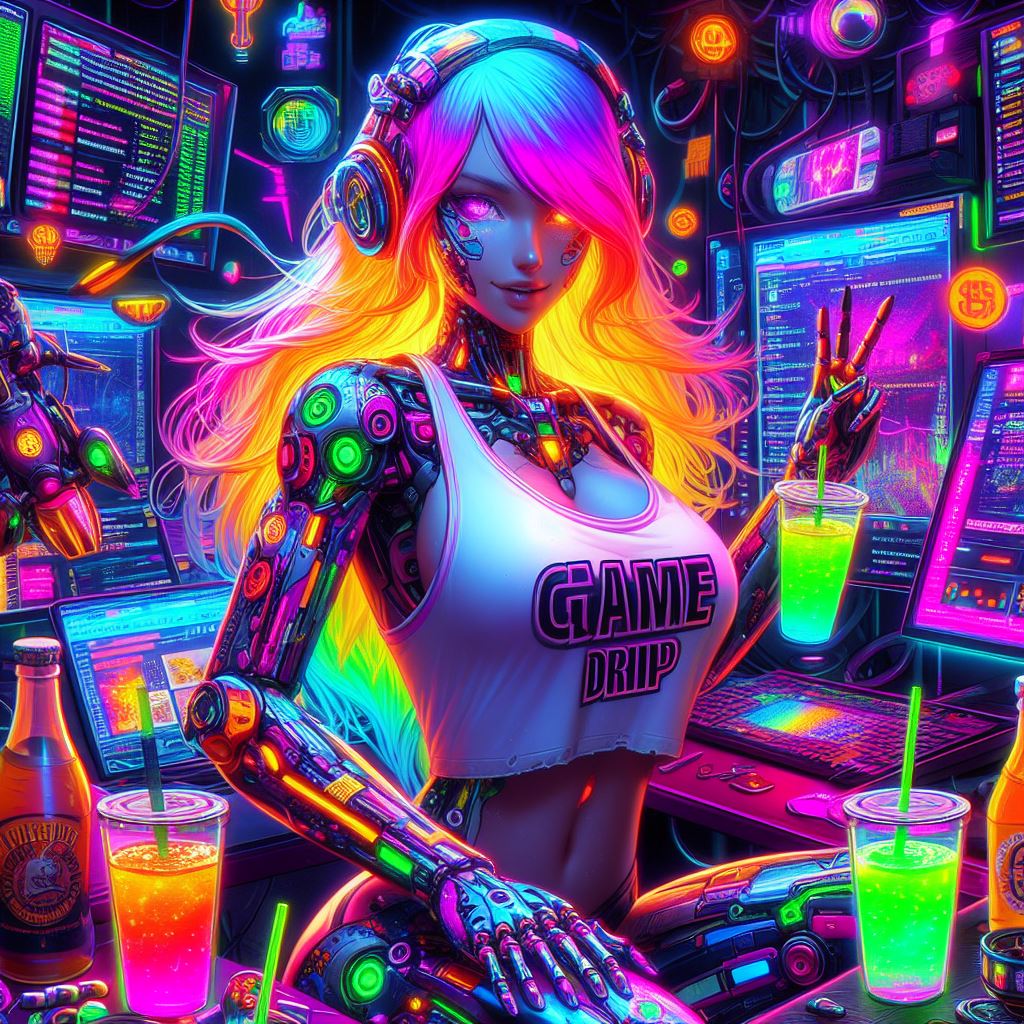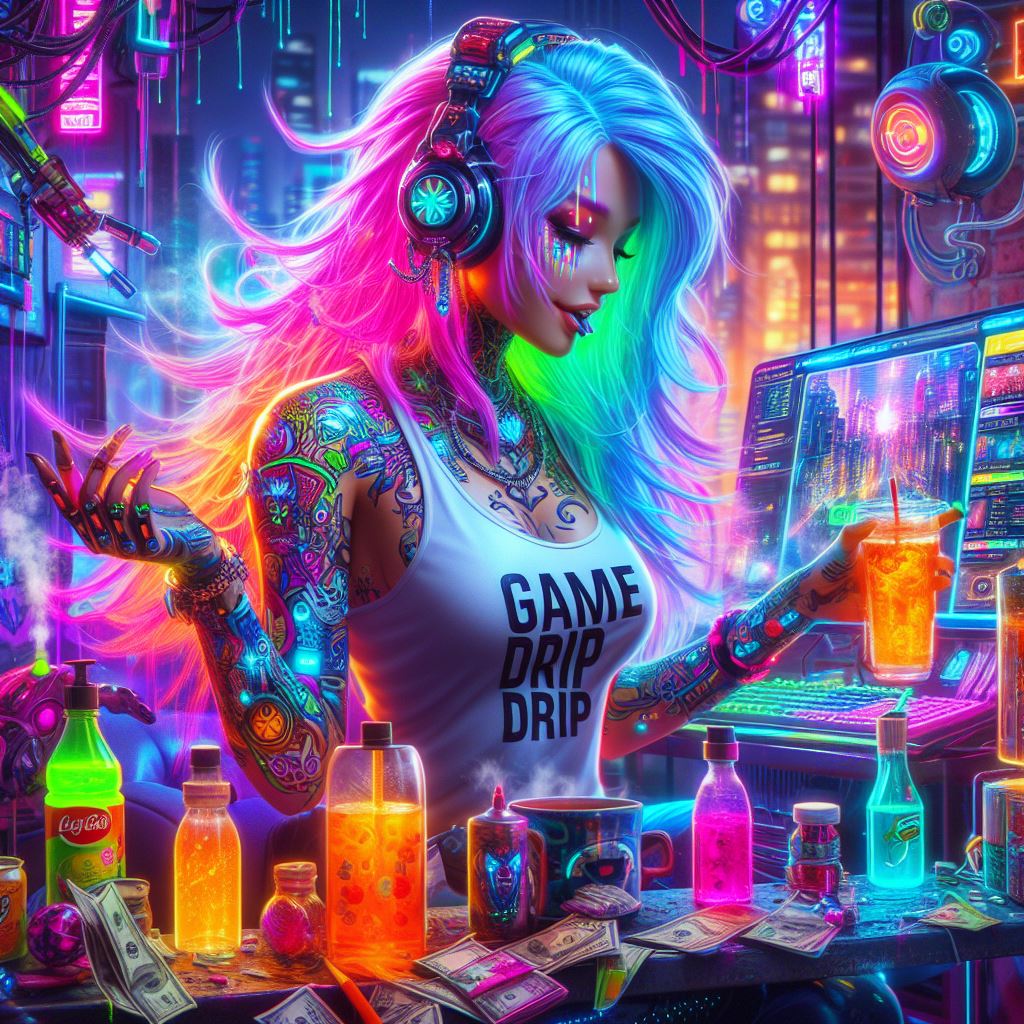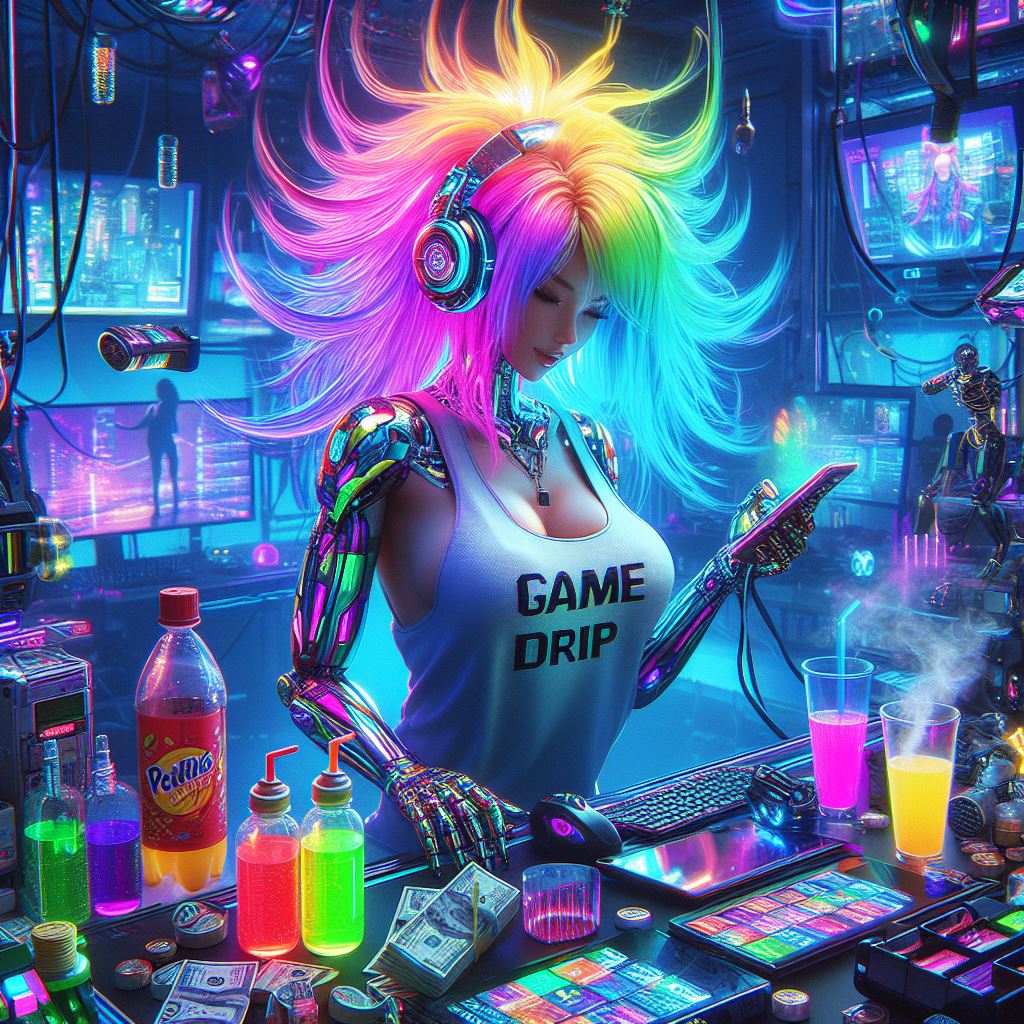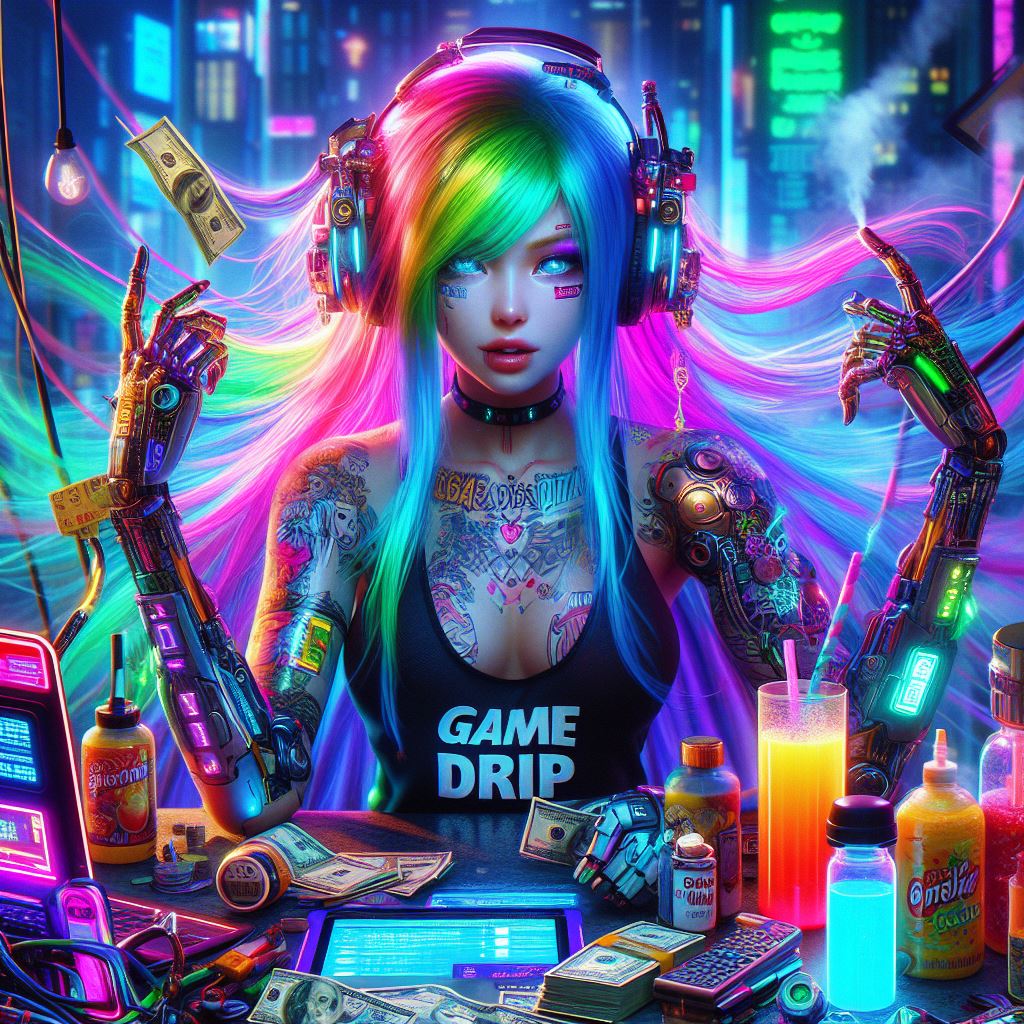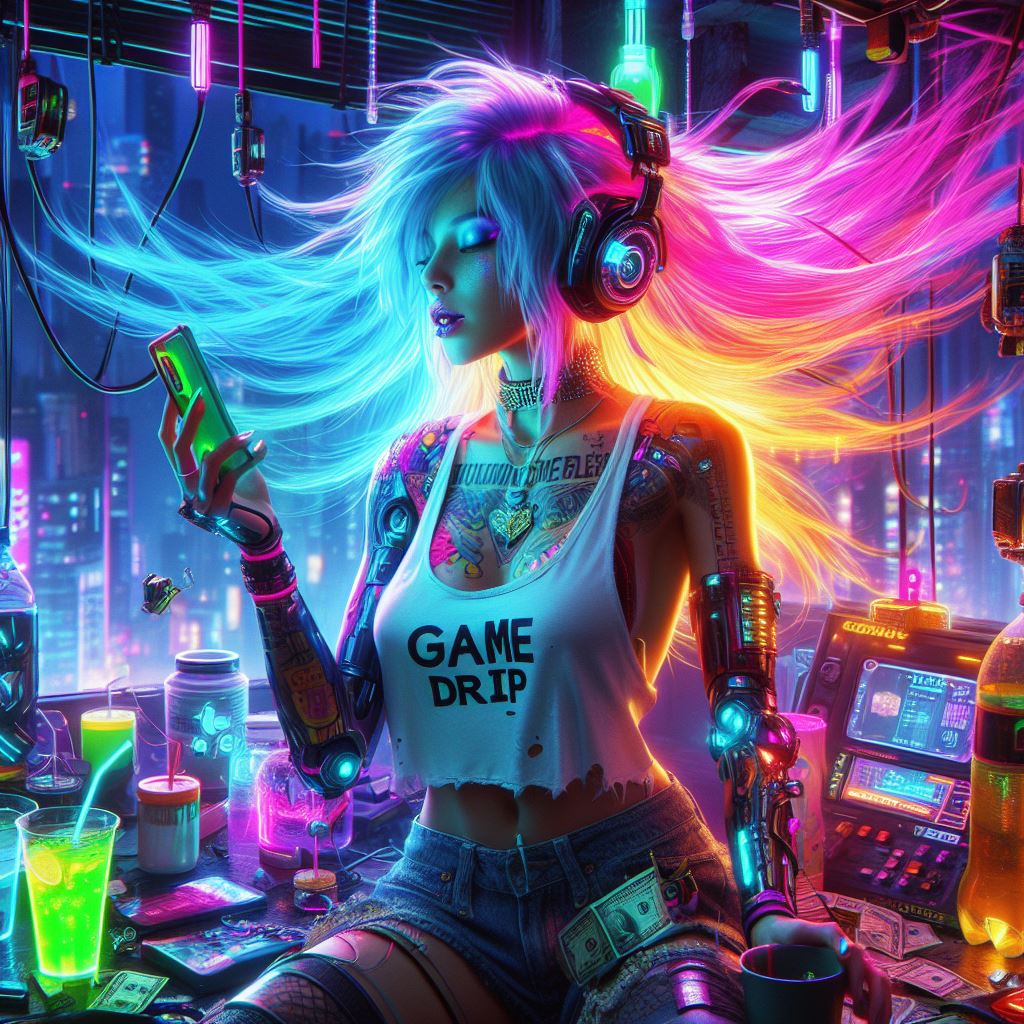The Rise of AI Translations in the Face of Localization Corruption
With the increasing awareness of corruption in the localization industry, many have taken to social media to voice their concerns. While memes about localizers being replaced by AI translations were initially dismissed as jokes, recent events suggest that this may not be the case for long.
Localizers Under Fire
In the past, localizers have been accused of abusing their position by altering translations to push personal world views and political agendas. This not only disrespects the creators and fans but also alters the original intent of the intellectual property. Recent examples of such corruption include altering jokes in Trails of Cold Steel 3 and changing characters’ gender identities in the I think I turned my childhood friend into a girl manga.
Backlash in the Community
These alterations have sparked massive backlash from fans, resulting in publishers revising their scripts and even renegotiating with the rights holders. However, some localizers have defended these changes, leading to further criticism and a growing mistrust of the localization industry.
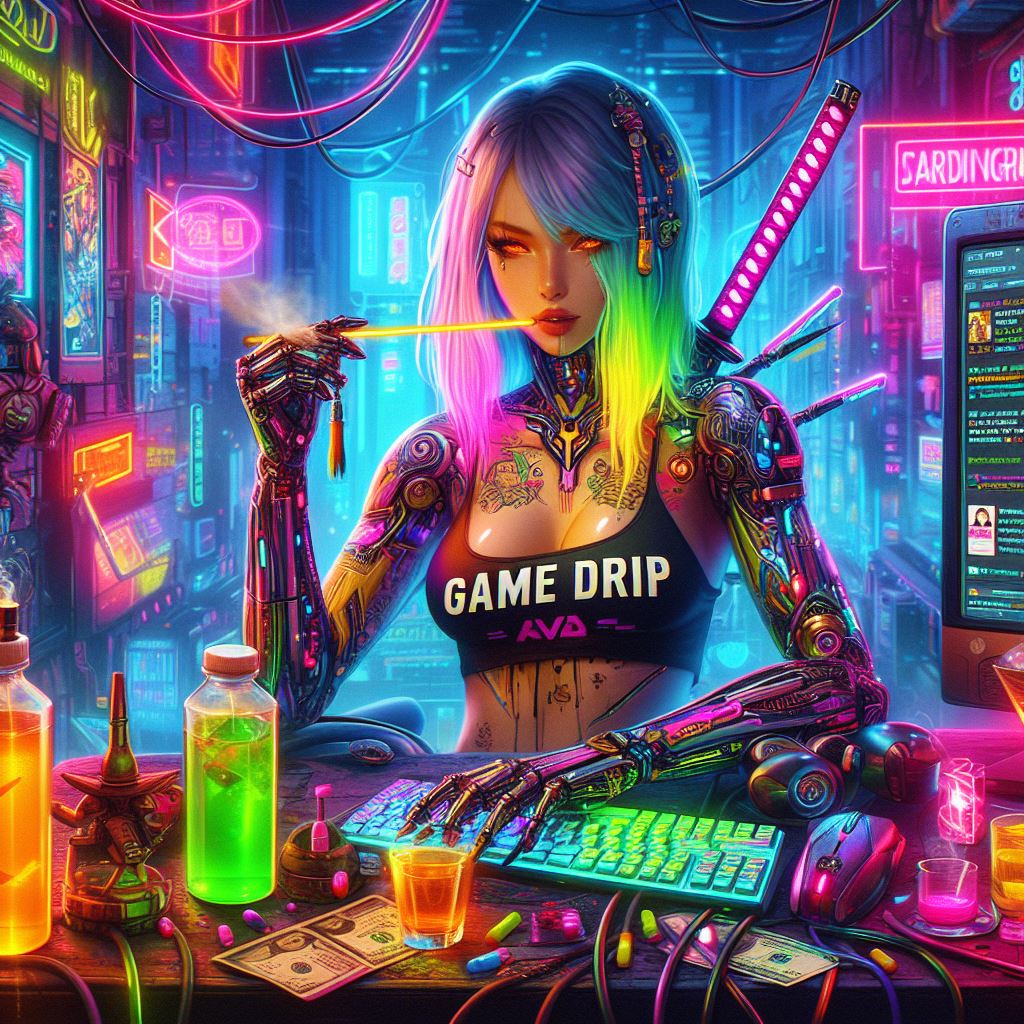
The Emergence of AI Translations
Amidst the controversy, the use of AI translations has gained traction. The announcement of The Ancient Magus Bride manga’s return with simultaneous English releases through AI translations has stirred mixed reactions. While some express concern over the potential impact on the quality of translations, others see this as a response to the corruption seen in human-led localizations.
AI Assisted Translation
To address concerns, the official statement from The Ancient Magus Bride clarified that the AI-assisted translation system combines machine translation technology with editing and proofreading by professional translators. This hybrid approach aims to reduce piracy and maintain the quality of translations.
Community Debate and Perspectives
Responses to this development have varied, with some supporting AI translations as a solution to corruption within the localization industry, while others express skepticism and advocate for the continued use of human localizers. The debate highlights the complexity of the issue and the need for transparency and accountability in the translation process.
Looking Forward
While the controversy surrounding AI translations and human localizers continues, it is essential to consider the overarching goal of preserving the original intent of the intellectual property while ensuring culturally sensitive and accurate translations. As the community navigates this transition, open and constructive dialogue can pave the way for ethical and effective localization practices in the future.
As the industry evolves, the integration of AI translations offers new possibilities for the preservation and dissemination of global content. The ongoing discourse invites meaningful discussions and innovative solutions, ultimately contributing to the accessibility and appreciation of diverse cultural works in the digital age.
